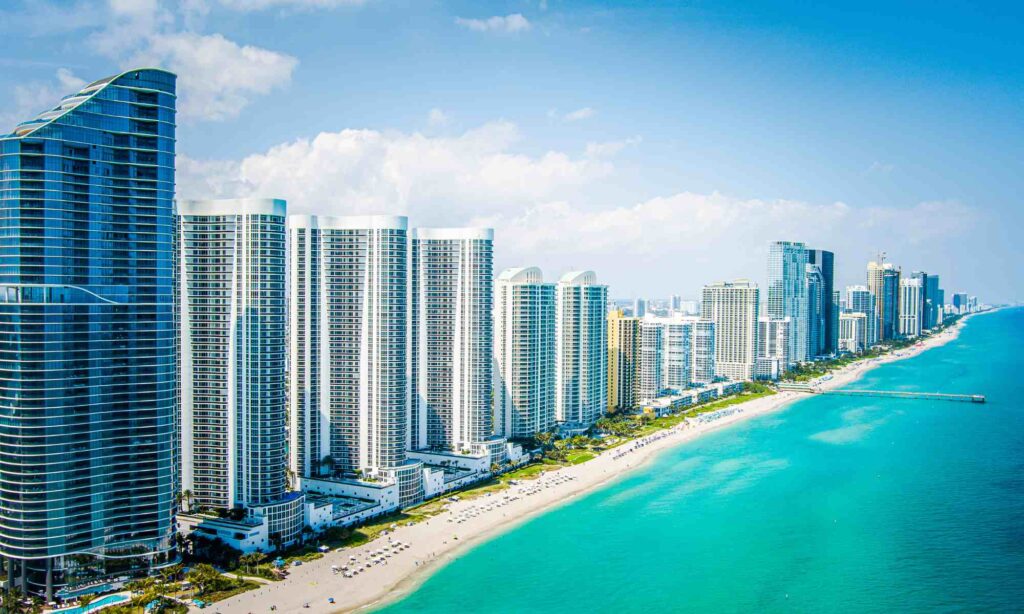Forget Snowbirds: Jeff Bezos Is Leading the Migration of Ultrawealthy Taxbirds Flocking to Florida’s Lower Tax Rates
February 28, 2024
In recent years, a new trend has emerged among the ultrawealthy: the migration of “taxbirds” to states with lower tax rates, with Florida and Texas standing out as primary destinations. This phenomenon, epitomized by Jeff Bezos’ relocation from Seattle to Miami, signifies a significant shift in the residency patterns of the rich and influential.
Traditionally, the concept of “snowbirds” referred to individuals who split their time between residences in colder northern states and warmer southern locales. However, the rise of taxbirds represents a distinct evolution, as these affluent individuals flock to states like Florida, attracted not only by the climate but also by favorable tax environments.
Bezos’ decision to move was ostensibly driven by personal reasons, such as proximity to family and business interests, including Blue Origin’s Cape Canaveral headquarters. Yet, the financial incentives cannot be overlooked. The disparity in capital gains tax rates between Washington, Bezos’ former home, and Florida has already resulted in substantial savings for him, underscoring the financial motivations behind such moves.
Bezos is not alone in this trend. Other high-profile figures, including Citadel CEO Ken Griffin, billionaire investor Carl Icahn, and tech mogul Elon Musk, have also made similar transitions to low-tax states. Their migrations have significant implications, not only for their individual wealth management but also for state tax revenues and economic dynamics.
The contentious introduction of a capital gains tax in Washington serves as a case study in the complexities of taxing the ultrarich. While such measures are intended to generate revenue for public services, they can inadvertently drive away the very taxpayers they seek to target. This phenomenon underscores the delicate balance between taxation and economic competitiveness, with states like Florida and Texas reaping the benefits of their tax-friendly policies.
Critics argue that punitive tax measures aimed at the wealthy ultimately backfire, leading to capital flight and job losses. The exodus of affluent residents from high-tax states underscores the importance of maintaining a competitive tax environment to attract and retain wealth creators.
As the migration of taxbirds continues to reshape the landscape of American wealth distribution, policymakers face the challenge of striking the right balance between revenue generation and economic growth. The rise of low-tax states as magnets for the ultrawealthy highlights the need for a nuanced approach to taxation in an increasingly mobile and globalized world.
——-
Source: Fortune.com

